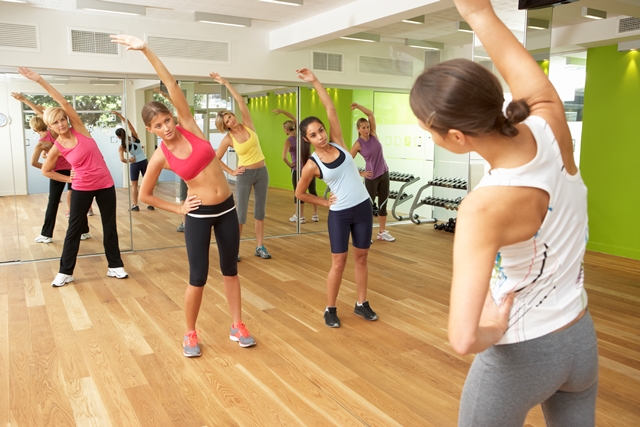In the American culture, fitness is not the norm. Physical activity is good for you regardless of your age. Becoming active takes self-initiative, determination, formulation of new habits and commitment to live a healthy life. Fitness is an investment in self and a gift to people you love.
Being active can help you:
- Have more energy to do the things you want to do.
- Improve your balance.
- Prevent or delay some diseases like obesity (just recently classified as a disease), heart disease, diabetes and osteoporosis.
- Reduce anxiety and depression.
- Channel anger and frustration into productive outlets.
If you have been inactive, beginning with a physician consultation can help reduce risk of injury and enhance your success in achieving your goals. Lab work and/or additional tests may be suggested to be sure your health is optimal for embarking on your activity / fitness goal.
Tips for success:
- Set realistic, achievable goals.
- Identify your non-compliance issues (laziness, procrastination, fear, low self-esteem, embarrassment) and remind yourself that these are within your control.
- Select a physical activity regimen that fits you. Look at your personal likes and dislikes. Are you a club membership person, a solo exerciser, equipment user, or nature walker? Do you have a predictable schedule or do you need a fitness activity that can flex with your variable work hours?
- Approach goals incrementally (avoid the weekend warrior fitness strategy).
- If you lose motivation, set new goals or try a new activity. You may have to try several activities to learn which one(s) is right for you.
- Warm up and cool down with easy walking or gentle stretching.
- Work your way up to 30 to 60 minutes of exercise most days of the week. Shorter but more frequent sessions have aerobic benefits, too. Ten-minute sessions throughout the day may be easier for you.
- Be creative and avoid boredom. Get fit through a variety of activities such as walking, dancing, rowing, Wii, hiking, bicycling, and formal sports (baseball, soccer, volleyball).
- Listen to your body. If you feel pain, shortness of breath, dizziness or nausea, take a break. You may be pushing yourself too hard.
- Be flexible. If you’re not feeling good, give yourself permission to take a day or two off.
- Stay hydrated. Drink water even if you aren’t thirsty.

